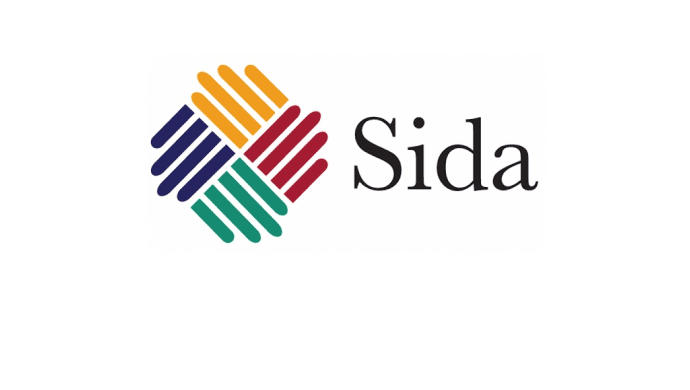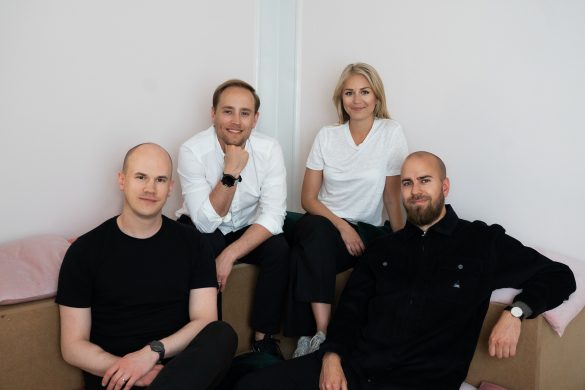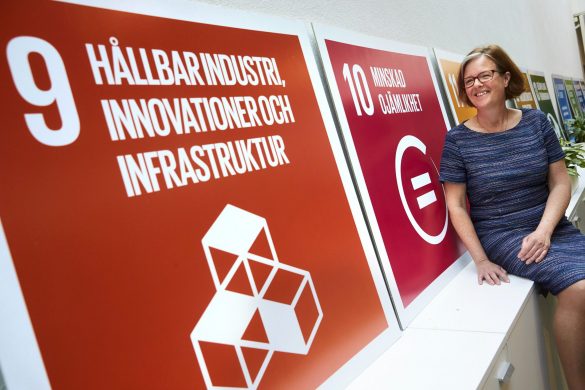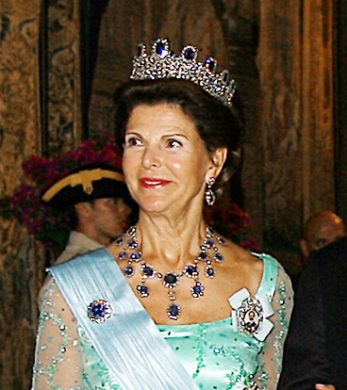Den svenske regerings udviklingspolitik får ros for sin udviklingspolitik af OECD, der er de rige landes samarbejdsorganisation. ”Sverige har sat udvikling i hjertet af sin udenrigspolitik,” hedder det blandt andet.
Sweden delivered USD 5.24 billion in official development assistance (ODA) last year, or 0.99% of its gross national income (GNI), says a statement on the OECD website on Wednesday. It continues as follows:
It is the second most generous member of the OECD’s Development Assistance Committee (DAC), which groups the world’s major donors, when ODA is measured on a GNI basis.
The DAC commends Sweden for budgeting to reach its 1% ODA/GNI target each year since its last peer review in a climate of global financial crisis.
“Sweden has put development at the heart of its foreign policy agenda, showing a strong willingness to take the lead in addressing global challenges,” said OECD DAC Chair Erik Solheim.
“We commend Sweden for its efforts to meet a medium-term goal of maintaining aid at 1% of GNI, and remain confident that recently completed reforms should strengthen its ability to deliver an effective aid programme.”
A new DAC review of Sweden notes that its 2003 Policy for Global Development continues to provide a strong foundation for development co-operation. The country remains focused on poverty reduction and three thematic priorities identified in 2007: democracy and human rights; environment and climate change; and gender equality and the role of women in development.
Most of Sweden’s bilateral aid resources are committed in support of low income countries and fragile states in line with its poverty focus.
Sweden was the first DAC member to publish a strategy for considering the impact of domestic policies on developing countries – known as Policy Coherence for Development, or PCD – and has been a powerful advocate within the EU on this issue.
Sweden’s whole-of-government processes for policy making ensure that all major EU and domestic policies are screened for their impact on developing countries. However, the report notes that there is scope for increasing transparency about how conflicts of interest in the process of policy-making are managed.
The Committee found that clear political directives, policies and strategies reflect Sweden’s international commitments and good practice. It noted, however, that a large number of additional priorities – each with their own policies and strategic documents – make for a complex overall picture.
Sweden has recognised this weakness and is striving to replace its “forest of policies” with an eagerly-awaited aid policy framework that puts forward a clearer policy vision and a strategy for concrete actions that bring results.
The Committee said this new framework should provide a clear hierarchy of policies, adequate criteria for effective prioritisation of goals and perspectives, and indicate how these can be translated into concrete actions that get results.
It also urged Sweden to finalise its planned bilateral and multilateral “results strategies” and continue its efforts to concentrate its resources for maximum impact. Currently, Sweden’s aid is spread thinly across a wide range of countries, themes and programmes.
More information about this and other peer reviews can be found at: http://www.oecd.org/dac/peer-reviews/ and OECD work on development http://www.oecd.org/development/ or contact Michael Ward in the OECD Development Co-operation directorate; telephone + 33 1 45 24 7647.
The Peer Review of Sweden took place over an eight month period, including visits to Stockholm, Uganda and the Democratic Republic of Congo, culminating on 11 September with the DAC peer review meeting in Paris. Belgium and the United Kingdom acted as peer examiners, with facilitation and analysis provided by the OECD Secretariat.
Download rapporten ”Sweden – Development Assistance Committee (DAC)
PEER REVIEW” (PDF, 123 sider): http://www.oecd.org/dac/peer-reviews/sweden-peer-review-2013.pdf














